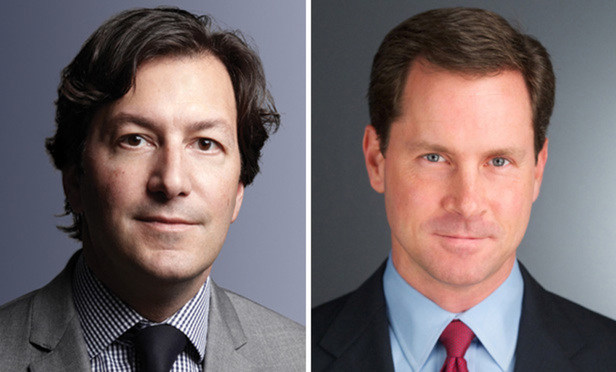One of the key changes to the Federal Rules of Civil Procedure that went into effect over a year ago was the updated definition of the scope of permissible discovery under Rule 26(b)(1). While there have been a number of court decisions that have interpreted this new language, some practitioners—and courts—still continue to cite to the old version of the Rule. In a recent decision, Judge David G. Campbell of the U.S. District Court of Arizona, who was the chair of the Advisory Committee on Civil Rules during the drafting and enactment process for the amended Rules, analyzed and applied the new version of Rule 26(b)(1) in finding requested e-discovery from a party’s non-U.S. subsidiaries to be out of scope. He also used the decision as an opportunity to remind the bench and bar that the Rule changed on Dec. 1, 2015 and that they should not rely on the old version of the Rule.
In In re Bard IVC Filters Prods. Liab. Litig., 317 F.R.D. 562 (D. Ariz. Sept. 16, 2016), a products liability multidistrict litigation regarding allegedly malfunctioning inferior vena cava (IVC) Filter medical devices, the plaintiffs and the defendants, particularly defendant medical device manufacturing company C.R. Bard, disagreed over the discoverability of electronically stored information (ESI) from Bard’s subsidiaries or divisions located overseas. Specifically, the plaintiffs sought communications related to the Bard IVC Filters between non-U.S. regulators and Bard’s non-U.S. entities selling these medical devices abroad.
Standards for Scope
This content has been archived. It is available through our partners, LexisNexis® and Bloomberg Law.
To view this content, please continue to their sites.
Not a Lexis Subscriber?
Subscribe Now
Not a Bloomberg Law Subscriber?
Subscribe Now
LexisNexis® and Bloomberg Law are third party online distributors of the broad collection of current and archived versions of ALM's legal news publications. LexisNexis® and Bloomberg Law customers are able to access and use ALM's content, including content from the National Law Journal, The American Lawyer, Legaltech News, The New York Law Journal, and Corporate Counsel, as well as other sources of legal information.
For questions call 1-877-256-2472 or contact us at [email protected]



